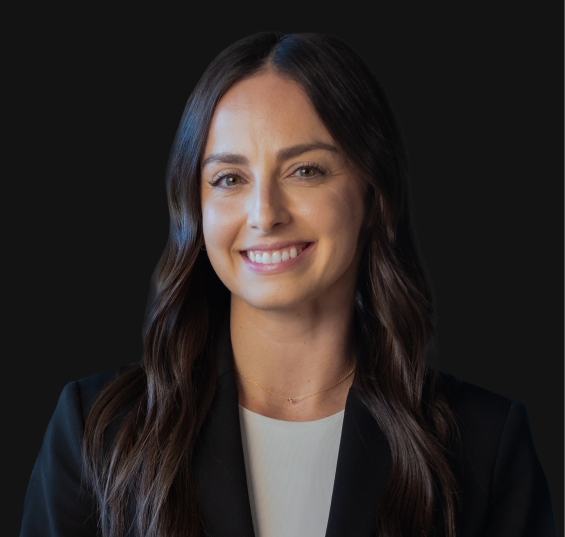Gone are the days when people retired with only one retirement account. American workers will now have an average of 5.7 jobs between the ages of 18 to 24, and 2.9 jobs between the ages of 35 to 44. (1) That means you could have close to 10 accounts by the time you actually retire! And this doesn’t include if you’ve gone through a divorce and potentially received retirement assets as part of the settlement.
Because you’ve made job changes throughout your career, or may have received retirement assets from your ex-spouse, chances are you have several retirement accounts on your hands. You may not give much thought to them now, but these accounts could cause some serious headaches down the road as you find yourself juggling various investment decisions, fees, and rules for each.
Luckily, consolidating your accounts allows you to streamline management and possibly maximize your returns. In this article, we will break down how account consolidation works and why it could be a good option for you.
Understanding Your Consolidation Options
Different retirement plans have their own benefits and their own set of rules. It’s important to first get an understanding of the rollover options available to you. You may or may not be able to roll some types of accounts into others; some accounts only allow rollovers once every 12 months, while others only let you roll over after two years. (2) A financial advisor can look into this for you, or you can contact the plan provider to find out.
Is Consolidating Right for You?
How do you know if it’s time to consolidate? There are a few things you’ll want to consider before consolidating retirement accounts:
- What kinds of benefits and features do your retirement accounts offer?
- Are there similar investment options in all your accounts?
- What are the fees associated with each of your accounts?
- Can you roll over previous plans to a new employer? Or do you need to move to a self-directed retirement account?
You’ll want to do your research to answer these questions before you make any moves. And remember, you don’t necessarily need to consolidate everything into one. You can merge some while keeping others open. What’s best for you will depend on your specific situation and goals for retirement.
Benefits of Consolidating Multiple Retirement Plans
When it comes time for retirement, there are several benefits of consolidating your accounts. Here are just a few benefits to consider:
- Reduced investment fees: Fewer retirement accounts can mean fewer fees. Instead of paying fees for each of your account management services, you’ll only pay one—meaning more of your money can grow.
- More opportunities to save: You can’t contribute to an old employer-sponsored 401(k). You will need to roll over the account to a new 401(k) or a self-directed account so you can continue contributing to that retirement fund.
- Reduced administrative work for you: Fewer accounts mean simpler management. You won’t need to worry about managing investments and documentation across different platforms. For example, instead of three monthly statements, you could have just one. You’ll also be able to see all of your investments in one location for more cohesive planning.
- Simpler portfolio rebalancing: When it comes time to rebalance your portfolio, having all your accounts consolidated makes it easier to calculate your asset allocations.
- Easier calculations and withdrawals of required minimum distributions: If you have multiple 401(k)s at retirement, you will eventually need to take required minimum distributions (RMDs) from each of those accounts. (3) When juggling multiple accounts, you risk missing a required minimum distribution or withdrawing the incorrect total amount, for which the IRS can make you pay a penalty. Having a single account makes RMDs much easier.
- A clear picture of your money: Consolidating your accounts allows you to clearly understand how well your investments are working for you, while enabling you to easily tweak the account to meet your retirement goals.
Lastly, one of the biggest benefits of consolidation is saving time. Time is one of your most valuable assets. Having one consolidated account means you’ll spend less time managing all your accounts and free up more time and energy to do what you love.
We Can Help You Consolidate
Although consolidating accounts may lead to greater returns and less headache in the future, the process can be challenging to navigate. If you have multiple retirement plans, or if you would like a second opinion on your investment portfolio, we at JGP Wealth Management are here to discuss how we can help you optimize your plan.
If you’d like to partner with a financial planner who understands your unique needs and inspires you to be more confident in your financial decisions, contact Joe today at 503-446-6450 or [email protected].







